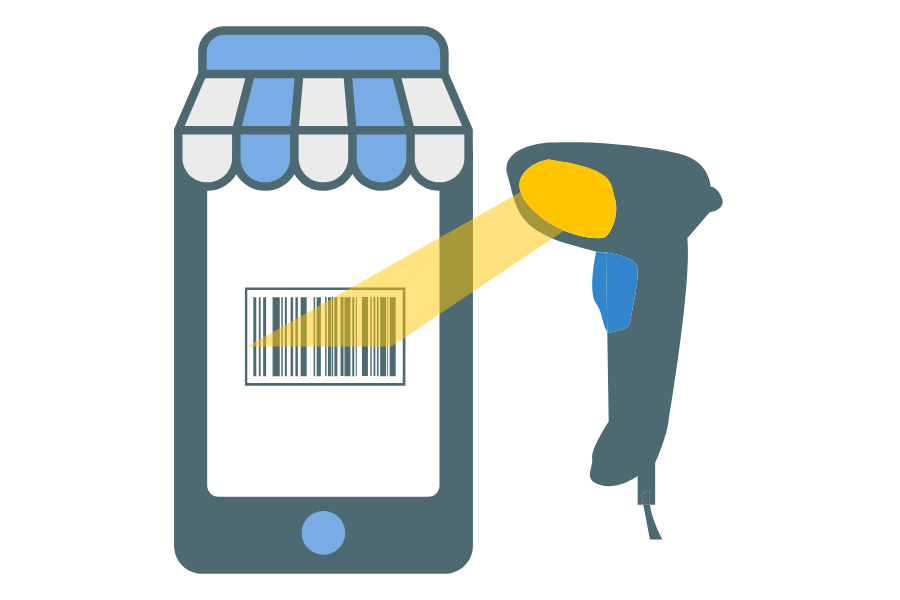How to Set Up a Business Partnership in the UK
Starting a business partnership can be an exciting opportunity for UK small businesses. But before you dive in, it’s important to know exactly how to set up a business partnership in the UK the right way. From choosing the right partners to handling legal and tax obligations, each step matters. Plus, professional accounting services in the UK can make the entire process smoother and help you avoid costly pitfalls.
Key Steps to Set Up a Business Partnership in the UK
1. Choose Your Partners and Decide on the Partnership Type
A partnership requires at least two people or entities who agree to share profits, losses, and management duties. There are three main types to consider:
- General Partnership:
- Partners share full personal liability for business debts.
- Limited Partnership:
- Combines general partners and limited partners whose liability is limited to their investment.
- Limited Liability Partnership (LLP):
- A separate legal entity where all partners have limited liability protection.
- Requires registration with Companies House and extra compliance.
Choosing the right type sets the foundation for your partnership’s structure, financial responsibilities, and risk exposure.
2. Pick a Business Name
When choosing your business name:
- Ensure it complies with UK naming regulations.
- Avoid sensitive or offensive terms.
- Use the UK government’s company name checker to confirm availability.
3. Draft a Partnership Agreement
While not legally required, a partnership agreement is highly recommended. It should cover:
- Profit and loss sharing
- Roles and responsibilities of partners
- Decision-making processes
- Procedures for adding or removing partners
- Dispute resolution and exit strategies
This agreement helps prevent misunderstandings and keeps your partnership running smoothly.
✅ Paperwork eating your time? Let AI do the heavy lifting. Our platform automates daily tasks while expert accountants ensure everything’s perfect. Break free here.
4. Register with HMRC
You must register the partnership for Self Assessment tax purposes:
- One partner becomes the nominated partner to file the partnership tax return.
- Each partner must register individually for Self Assessment.
- Registration deadline: 5 October after the end of the partnership’s second tax year.
- Registration can be done online or by submitting forms SA400 (partnership) and SA401 (partners).
5. Register for VAT (If Required)
- Mandatory if taxable turnover exceeds £90,000 (April 2024 threshold).
- Voluntary registration is an option below this threshold to reclaim VAT on purchases.
6. Set Up Robust Record-Keeping and Compliance
Accurate records are essential for:
- Filing the partnership tax return (by the nominated partner).
- Filing individual Self Assessment returns (by each partner).
- Meeting the tax payment deadline by 31 January after the tax year ends.
7. Understand Legal and Financial Liabilities
- In a general partnership, partners are personally liable for business debts (personal assets at risk).
- LLPs offer limited liability protection but require stricter compliance.
- Consider insurance and separate business bank accounts for added protection.
8. Meet Other Legal Requirements
- Comply with the Partnership Act 1890 and relevant tax laws.
- Follow data protection laws (GDPR) if handling personal data.
- Adhere to employment law if you hire staff.
- Obtain any necessary licenses or permits specific to your industry.
Why Accounting Services Are Essential for UK Small Businesses Setting Up Partnerships
Navigating the process to set up a business partnership in the UK can be complex. Professional accounting services can help UK small businesses by:
- Advising on the best partnership structure.
- Drafting or reviewing partnership agreements.
- Handling HMRC registrations and tax submissions.
- Managing VAT registration and compliance.
- Keeping clear and accurate financial records.
- Ensuring you meet all filing deadlines and tax payments.
- Providing ongoing legal and financial advice.
With expert accounting support, you can focus on growing your partnership while leaving the technical details to the professionals.
Summary
Setting up a business partnership in the UK involves careful planning and compliance with legal and tax requirements. This includes selecting the right partners and partnership type, choosing a compliant business name, drafting a partnership agreement, registering with HMRC, and managing VAT registration if necessary. Keeping accurate records and understanding your financial liabilities are essential to protect both the business and its partners.
Modern Accounting That Finally Gets Your Business
Running a small business means wearing too many hats. Your accounting shouldn’t add to that burden. Yet traditional bookkeeping services keep asking the same questions month after month.
Counto delivers outsourced accounting that gets smarter over time. Our AI platform learns your unique business patterns and automatically handles daily transactions, while expert accountants ensure everything’s accurate. With direct WhatsApp access to your Customer Success Manager, you get enterprise-level financial management without the enterprise price tag.
Experience accounting that works as hard as you do. Our small business clients cut bookkeeping time by hours and never miss a tax deadline. Ready for accounting that understands your business? To get started, speak to us directly on our chatbot, email [email protected] , or use our contact form.







